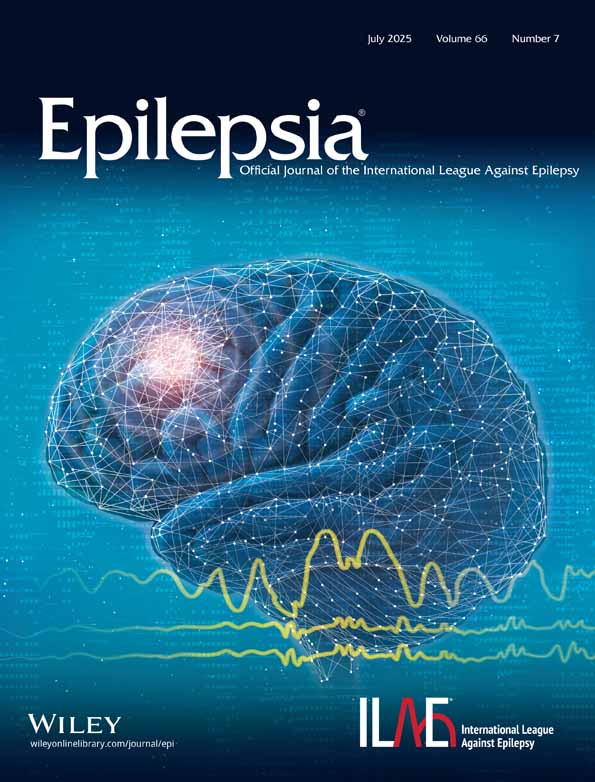Provocation of Nonepileptic Seizures by Suggestion in a General Seizure Population
Abstract
Summary: Nonepileptic seizures (NES) are common and are often diagnosed at epilepsy centers by video-EEG recording of both spontaneous and suggestion-induced episodes, but no study has evaluated provocative testing in a general seizure population. We studied consecutive patients with a tentative diagnosis of epilepsy using saline provocation during video–EEG recording, suggesting that this could produce a typical seizure. Of 52 patients, 40% had no response, 23% had responses unlike their seizures, and 37% had typical episodes (positive test). Patients whose usual episodes resembled complex partial seizures (CPS) were more likely to have NES than were patients with a history of generalized tonic-clonic seizures (GTC). Of patients with positive provocations, the primary physician predicted NES in 68% of cases. This preliminary study suggests that NES are frequent in a general neurology setting, and that saline provocation is a sensitive method of identifying NES.




